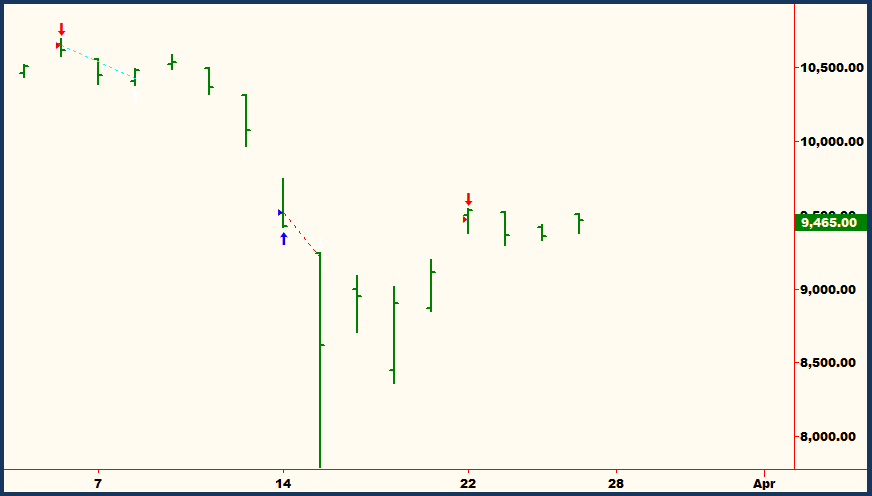Benefits of Mechanical Trading Systems
Post on: 16 Июль, 2015 No Comment

Updated: April 09, 2013 at 7:53 AM
In the previous article we discussed how you go about setting up mechanical forex trading systems . These automated software systems look for technical market indicators and buy or sell accordingly — sometimes without any input from a human operator. As a result, they have become controversial. After all, the idea of a computer generating money while you sleep seems a little too good to be true.
But there are several reasons that automated trading is legitimate.
First. any profit you receive is because of value added work — you set up the system in an intelligent, informed way. Like any software engineer, you had to do coding, back testing, forward testing, and assume the responsibility for monitoring your program. All of that represents value.
Second. by accepting the profits for your system, you also assume the risk. If you designed your system well, you will do well, but if not, you also accept the tab. This risk is another part of the value that automated systems add.
Third. well-designed systems do perform a constructive role for the market, because they iron out volatility and push prices to more consistently represent value. A similar role is performed by independent, human actors, so what is wrong with having a computer do it instead?
Most importantly, there is a fundamental value to automated systems that applies to the people who design them. One of the most common critiques of mechanical systems is that they take the human element out of trading. But exactly the opposite is true, because the process of building the system helps every person who does it. Think of it this way — you can’t write clear, objective orders if you haven’t thought through your own strategy clearly. Unfortunately, many people have trouble articulating their strategy when asked for it, but when setting up a mechanical system, you are forced to describe your strategy in numbers or trading orders. The result is a clearer, more thought-out understanding of the method.
Other benefits
Another related benefit comes when the trader back tests or forward tests a system. With an automated system, this is as easy as pushing a few buttons and applying the same orders to other market data. When the process is done, the trader has a legitimate expectation of how he will do. Compare this to subjective trading, where someone might enter the market expecting to make a huge profit overnight and be controlled by unrealistic greed. It simply isn’t possible to back test a personal strategy as easily as one might run an automated system, and so the delusion goes unchallenged.
This points to a final benefit of automation — the computer executes and follows orders without an emotional connection. Even the best traders start to change their method when profits skyrocket or losses mount. In most cases, this only results in worse results.
But once you set up your system to follow orders, it doesn’t know your bottom line or care about it. It will continue to execute buy and sell orders until you make it stop. Since you should have tested it before going live, the strategy will probably work out over time, even if your emotions temporarily tell you otherwise.
Said simply, automated systems make trading more disciplined and consistent. Of course, they have their disadvantages too. For one thing, they never learn or adjust to new insights, but that’s your job! Even if you already use a successful system, continue to improve it and make adjustments. With effort, both you and your mechanical forex trading systems can be even more successful!
Risk Statement: Trading Foreign Exchange on margin carries a high level of risk and may not be suitable for all investors. The possibility exists that you could lose more than your initial deposit. The high degree of leverage can work against you as well as for you.














